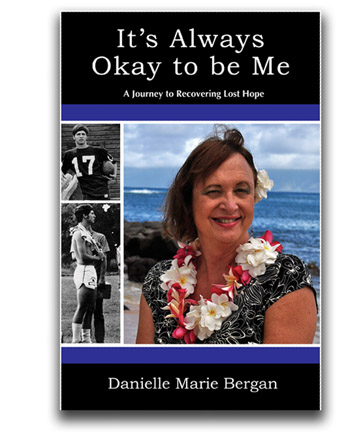There are not very many issues more pressing in our region than housing and homelessness.
In a recent Crosscut/Elway poll, 79% of respondents said homelessness was one of the issues most important to them, with 54% saying that the government should prioritize permanent housing and mental health services.
Yet while most of the coverage of our region’s housing crisis is dire, there are also glimmers of hope.
One such glimmer is the Washington Black Trans Task Force’s plan to create a housing facility for a minimum of 25 “Black Trans Women, Femmes and Non-Binary individuals experiencing or are at risk of chronic homelessness,” according to their project charter. The Washington Black Trans Task Force is a program of Lavender Rights Project, an organization that “elevates the power, autonomy, and leadership of the Black intersex & gender diverse community through intersectional legal and social services.”
The Seattle house would provide permanent supportive housing and wraparound culturally appropriate support services for a group that is among the most vulnerable to homelessness. The Black Trans Task Force is seeking to acquire a former hotel or nursing home property to serve this need and organizers said they received funding from the Health Through Housing program of King County and other sources to make that possible. The house is expected to open in mid-2022 and will cost about $300,000 per permanent supportive housing unit. Like other permanent supportive housing projects, residents will pay rent of no more than 30% of their verifiable income.
To make the house a home for residents, organizers are asking the community for help to furnish the house through a gift registry.
In the 2015 U.S. Transgender Survey (USTS), 42% of Black respondents reported experiencing homelessness some time in their lives, compared with 30% of respondents overall and 14% of the overall population from one study in the ’90s. A more recent 2018 study suggested 6% of the general population would be homeless at some point, using baby boomers as a proxy for the eventual population as a whole.
Ebo Barton, the director of Lavender Rights Project’s housing services, said the house will fill a critical need. He said they have learned that gender-based violence and poverty are symptoms of homelessness and that for many people he has talked to, “housing was the underlying issue to all of the barriers they were experiencing.”
Barton said the house will fill a gap for people who are “not being served by the shelter system, who are not being served by affordable housing, and are not being served by permanent supportive housing in the ways that are necessary specifically for trans people and for gender diverse individuals, especially in King County.”
The intersection of anti-Black racism, transphobia and transmisogyny combine to make it especially challenging for Black trans people to find the housing and support they need.
Barton said because trans and gender diverse people are not well served by the existing systems, they end up couch surfing or avoiding the system entirely, which puts them at greater risk of gender-based violence, poverty and “just more barriers to the barriers that we’re already facing.”
One of the many things that sets this project apart from others is that the vision, strategy and approach for the house is being created largely by those who have lived experience as Black trans people who have experienced homelessness or housing insecurity. Barton said this “for us, by us” approach means “it’s very important that we listen to what Black trans women and femmes are saying and not what we want to hear.”
In addition, the wraparound support services that the house will offer will be gender affirming and culturally competent, provided by people Barton said, “that look like us, that know what our bodies might be going through.”
“This is the start of work and not necessarily the solution to all of the [housing] problems,” Barton said. “If we’re all invested in any housing projects for gender diverse people in Seattle … we’re all starting on something incredible.”
Lack of gender-affirming care is a problem. In the 2015 U.S. Transgender Survey, 34% of Black respondents who saw a health provider in the past year reported that they had at least one negative experience related to being transgender. Further, nearly twice as many Black trans people did not have health insurance compared with the general population.
The Black Trans Task Force house will not be the first to serve Black trans people in the country. In addition to more broadly focused projects like the Queer the Land project I wrote about earlier this year and the Pride Place facility that just broke ground in Seattle, Memphis, Tennessee, has My Sistah’s House and Queens, New York has the G.L.I.T.S house.
Clearly there is much more needed to address the 23,000 people experiencing homelessness in Washington state in 2020. But centering and amplifying the wisdom, expertise and direction of those with lived experience should be a central strategy for all approaches going forward.

